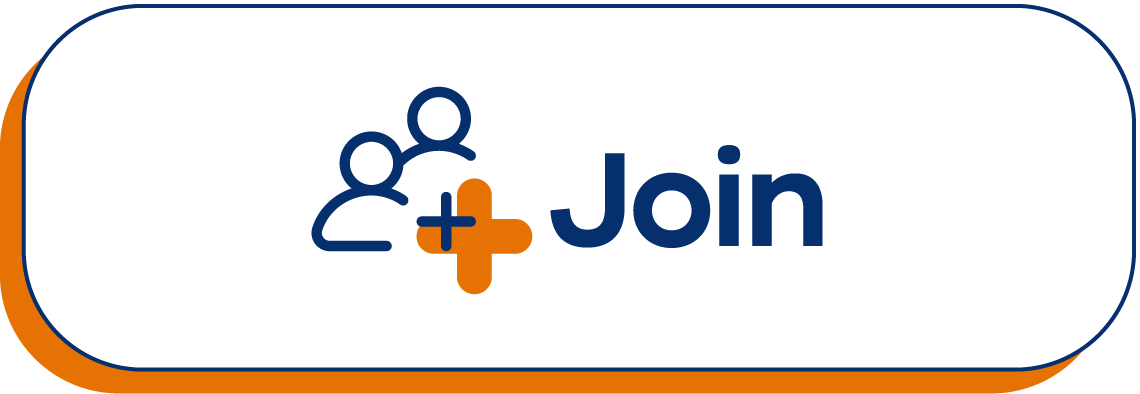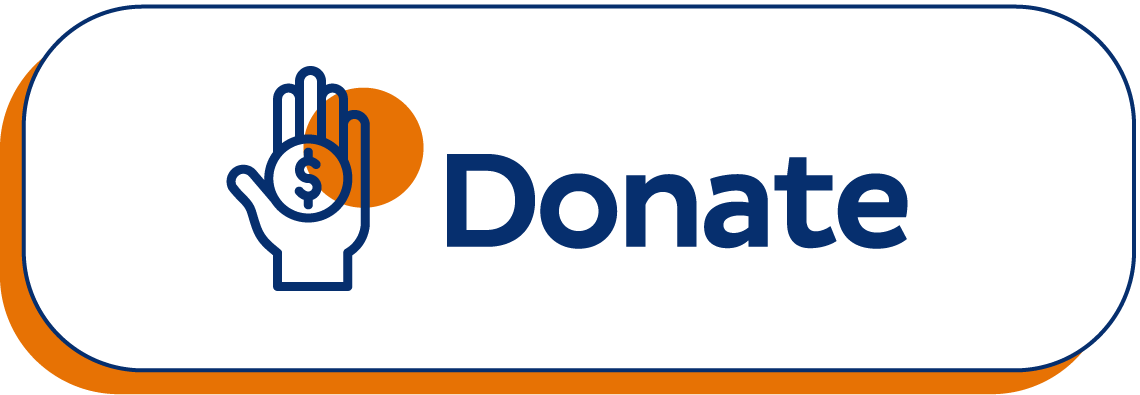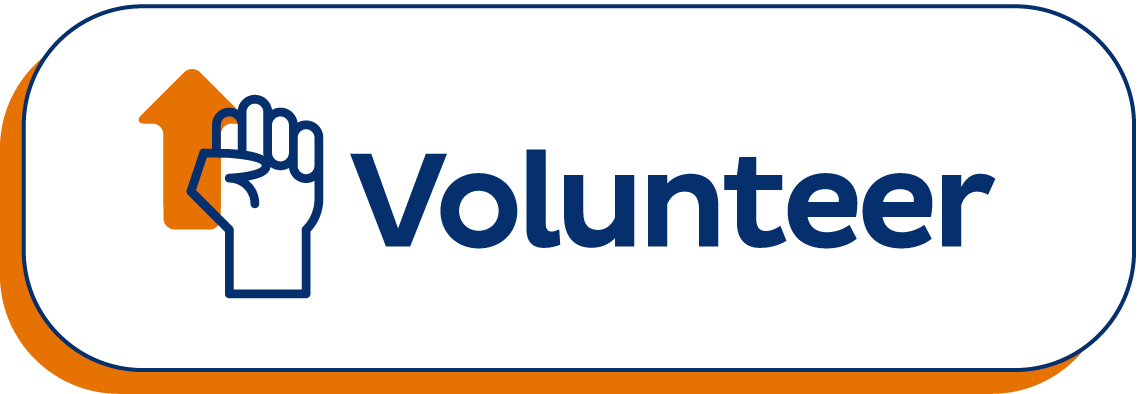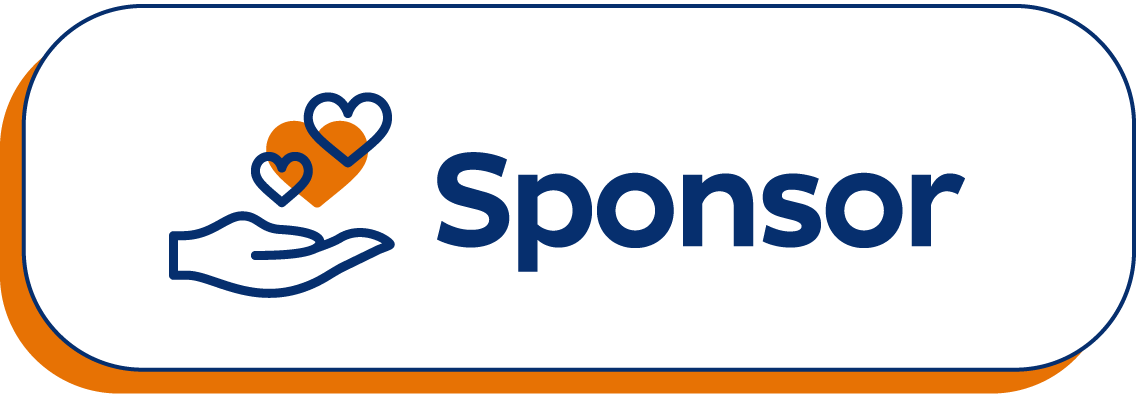| Elavaanil Uttamaram, Anil Investment Banking Analyst at Bank of America Securities Bachelor of Business Administration - Finance (2020) Anil was a finance-major student in NUS Business School. He was a member of the NUS Investment Banking Club (IBC) and subsequently became a mentor to juniors. Also active in co-curricular activities, Anil was involved in Kent Ridge Hall and contributed to the cheerleading team, KR Steppers, winning the regional championships in 2016. Anil has completed internships in private equity and structured finance and is now working as an Investment Banking Analyst for Bank of America Securities. |
Knowing that this book will be distributed to the Business School community, how would you like to be known to the readers? My name is Anil and I joined NUS in 2016. I had no idea what I wanted to do which is sort of why I joined business. At the end of Year 1, I got an email blast to join IBC. I went for their tea session with a friend, met some seniors and got interested in this line. I spent almost 3 years trying to break into IB. I’ve gotten a lot of support from the school and student run clubs like IBC where I also joined as a mentor. I was also from KR hall and the Steppers cheerleading team – we won the regional championships in 2016 and the KR MPSH still displays a giant banner of the championship team picture. You mentioned that you have been a mentor before, what was it like to mentor someone? What is your mentorship style? Mentorship is important as there is not much regional or Singapore-specific information available on IB and it is a relatively small industry, so a lot of the knowledge and intel you can get about it is from talking to people. I am privileged to be able to share this information with undergrads and other people who are seeking guidance. When speaking to other mentors, you will mostly hear the same advice about studying hard, getting top grades, honing your technical skills, reading the guides, and memorizing the questions. Many people will say you need first class honors to get into IB and a lot of students get deterred if they don’t have top grades, which shouldn’t be the case. I don’t have honors and I don’t even remember what my GPA was exactly! The important thing to know is that when you’re applying for a job, you’re not applying with a robot. Yes, for higher demand jobs, especially in finance, HR will use automated processes to screen candidates. But ultimately, you’re still working with people. So, what you must do is make people give you a chance. What I did, which is done a lot overseas but not so much here, was to network heavily. I spoke to reps that came down for company introduction and networking events and would ask them out for a coffee. Most of them were receptive as wanted to share their knowledge and experiences as well. And this played a very big part in me getting into IB, I don’t think I would have made it under the structured process as I had neither top-tier internships nor top grades. What people need to know is that: yes, you’re submitting your application virtually through a website, but ultimately someone is going to read your application. It doesn’t matter if a lot of people apply for the same job. Talk to people who are in the same role or company and show that you’re interested in working there and give them a reason to give you a chance. Based on your profile, you are currently an investment banking analyst and have previously taken up roles in structured finance and private equity. What got you interested in these sectors? As I mentioned earlier, I didn’t know what I wanted to do in my first year and went to an IBC tea session. What drew me in were the compensation and intense culture. I thought that long hours were cool but in hindsight it’s really silly of me to think that! What ultimately drew me in was the career development, compensation and learning opportunities. Were there any conflicts occurring in your workplace when you established your companies and how do you think one can reduce such potential conflicts? I think rule number one of reducing conflicts is to understand the other parties well – understand their personality and what they want to achieve – and use this as a strong basis to go into any discussion. Hence, you will have to lay everything on the table, talk, and communicate. What is it like working in Bank of America? What is a typical day as an investment analyst like? A good day would be waking up at about 8.30am, checking my email. Senior bankers usually wake up early, so you’ll get some comments about work you’ve done overnight. There are usually some client calls, and you dial in, take notes, address any questions, or walk through your client the work you’ve done, example: an excel model you’ve built, a board paper or PowerPoint decks. And through the morning and afternoon, you work on anything from internal memos, valuation, and financial models, addressing comments from senior bankers on presentation materials, as well as administrative work. On a more intense day, clients might want major changes to be made during a transaction, for example due to a change in the market that affects the client’s company, so there will be longer days to deal with urgent or substantial changes. So, if there is some development in the market or client’s transaction, you will spend time making changes to a model, board papers or PowerPoint deck that need to be done quickly. Particularly so now, there are a lot of deals going on and with pandemic, there are many meetings and presentations being scheduled due to the versatility of Zoom. Pre-COVID situation, these meetings would typically be in person so senior bankers would fly down to have these presentations and meetings with clients. But now due to COVID and the prevalence of Zoom, there are many more meetings that can be held in a day. There are also various market developments which create new opportunities, and more work must be delivered to pursue these opportunities. This largely translates to a deeper learning experience for new analysts. What were your experiences like in NUS and how have they helped you excel in your career? (CCAs, modules) It’s all about the people you meet. There are many online courses from Ivy Leagues and such but the most important thing is that no matter where you go it is about the people and connections you make. So, what makes NUS, NUS, is not solely the quality of teaching or what we learn because whatever you want to learn, you can just Google it. Even if it’s something really in depth, there will be some material about it online. So, it’s not just about the learning, it’s also about the people you meet. No matter where you are, there are likely to be people like yourself with regard to goals, aspirations, profile etc. My biggest takeaway is the people and I have made many great friends through NBC, orientation camps, etc. Many of the first friends I made as a freshman are still my best friends now, and some have even gone into the same industry. So, my biggest takeaway is 100% the people. Make friends, don’t be a lone wolf; no man is an island. It’s difficult to achieve things on your own. If you have friends who are interested in joining the same industry as you, that will be a great learning opportunity as you can share and exchange information with one another which leads to meaningful discussions. More heads are better than 1! So the most important thing is to make friends, talk to people, have people you can reach out to and learn from. Any last advice to Business students? etc.) The most important thing is always about the network; it’s about the people. The people you know, the people who will vouch for you. It is important to have as many genuine relationships as you can. Always be nice and make friends with people, add some value to every person you meet. Key to Success: "Always be nice and make friends with people, add some value to every person you meet.” Interviewer/Editor/Writer: Glenda Tan, NUS BBA Year 2 |


